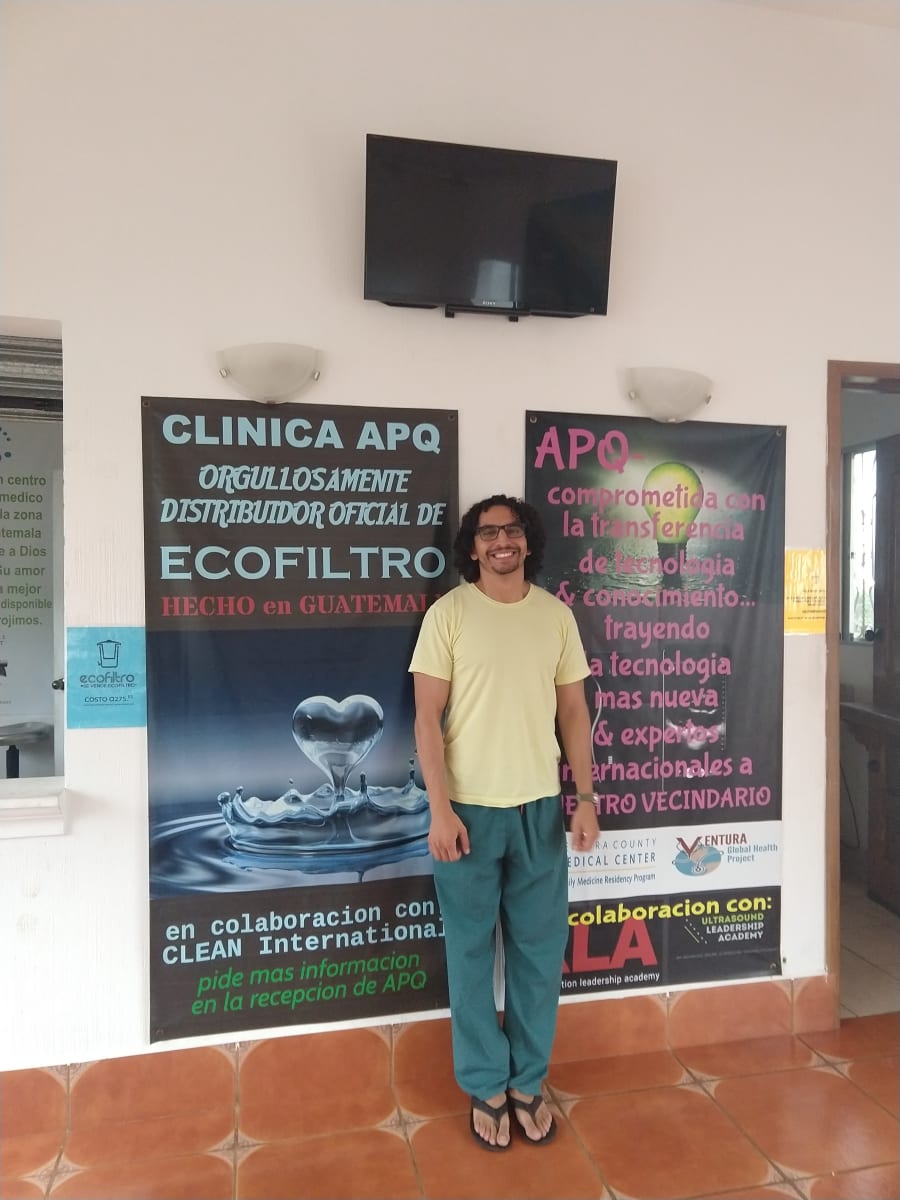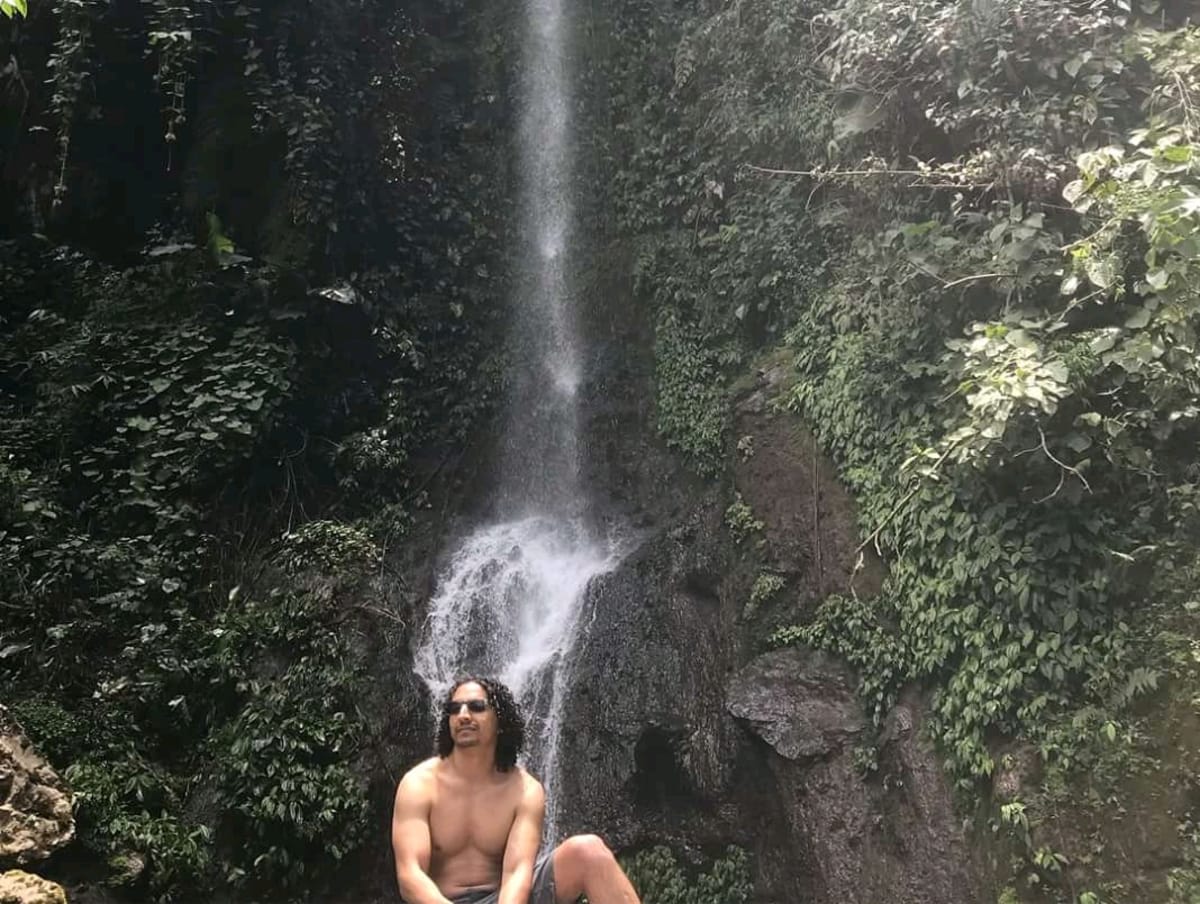I will be traveling to Santo Tomas de la Union, a rural part of Guatemala, where I will be working in a small clinic made of two outpatient rooms, a 3 bed ER/inpatient room, and a basic OR.
I will see clinic patients during the day, an anticipated 30-40 patients per day, as well as I will be on call for emergencies at night. There is one other physician there who works as a sole provider. He works every single day. During my 3 month stay, I will in part relieve him from clinical duties in order that he can take a much needed vacation with his family as well as to perform administrative tasks.
The clinic is in a village in rural Guatemala. The people have limited other opportunities for health care. People will benefit from having both preventive as well as urgent/emergent care. Myself and the current provider have both trained at a full-spectrum family medicine residency and will be providing aggressive office-based procedures to try and limit referral to general surgeons, which requires a 4 hour drive to Guatemala City.
I will be in Guatemala for 3 months and expect to see a total of 40 clinic patients per day not including emergency visits overnight, which are likely to be another 2-3 patients per night. The preventive and acute care for these patients offers them access to healthcare that would otherwise likely be unattainable.
While I have spent a couple of weeks at this clinic during residency, this trip will be my first medical trip after graduating family medicine residency this June. I hope that this trip is just the beginning of a long career of serving those less fortunate.








As I sit in an air-conditioned Starbucks coffee shop in Los Angeles sipping an overly decorated espresso, I recall the past six weeks I've spent in rural Guatemala. I can best summarize my experience as "privileged." I realize how much there is in the US. In Guatemala, a developing nation, I can't help but notice the economic comfort a few dollars buys me, from the luxury of eating and traveling to affording my health.
Almost as if a sense of guilt that overwhelms me, I realize how much luxury I can purchase with a few dollars. For example, I was able to travel to visit nearby cities with personal transportation, stay in nice hotels, and buy souvenirs for $50 or so, a sizeable amount where minimum wage is roughly $300 per month (though most people likely make far less than that).
Although I typically enjoy the experience of haggling for a bargain, I stop myself for the first time. I can't recall how many times I've lost a
Guatemalan's day wage in my couch cushions. Despite being on the lower end of the teeter-totter of economic imbalance, this does not prevent Guatemalan's from enjoying themselves. From the kids enjoying each other's company around a soccer ball or the adults finding humor in life's every day coincidences, this economic disadvantage does not seem to phase them - something that has humbled me.
This same fact applies for medicine, too. People will live their lives
enjoying one another until their bodies stop letting them. Their health
issues may become too overwhelming, and they pass without much fuss. What else is there to do? This, moreso than anything else, is what has me feeling so privileged. Health care is not offered as a human right. Is it that medicine is too expensive to afford? Or that medical care was never reliably in reach? Or is there a lack of understanding/education about what medicine has to offer? In any regard, having access to healthy lives is long overdue for Guatemalans.
I feel privileged, honored, and grateful to have served the Guatemalan people. I see how much people yearned for health care, and I developed the sense that I was offering an incredible and novel service. After treating a middle-aged patient's staggering dizziness with a 5-minute maneuver, news of the service spread to others in the community like wildfire. Countless patients recalled the stories that led them to Ajkun Pa Le Qatinimit – Clinica Medica Cristiana in Santo Tomas La Union, Guatemala. People in their 60s or 70s, having lived nearly their entire life, coming in to see a physician for the first time. Multiple patients came in asking for relief from the swelling they have had in their legs making it difficult for them to walk, only to be diagnosed with the culprit as congestive heart failure due to hypertension and diabetes. And then, the patients who are otherwise healthy middle-aged people, coming in to report every ache in their body and anxiety that they have come across in order that they too can get relief from the newly found magic of medicine. Yes, it is here in this rural clinic in Guatemala, where I felt most privileged. What joy it is to introduce people to the taste medicine, how easily it can be afforded (after the subsidization of good-hearted people). How people have a self worth that is appreciated and valued.
Whether it be in the US or in Guatemala, it is humbling to provide medicine to patients and relieve them of their suffering. Their is little that can compare with the sense of joy one can achieve in enabling someone through health care. However, it is truly an excitement and privilege to see the Guatemalan people come to the realization that they deserve health care.
That although they waited six hours to be seen by a physician, their
excitement when I walk into the room to hear their issues. These past 6 weeks were filled with reward and joy, and I hope only to harvest such feelings further.